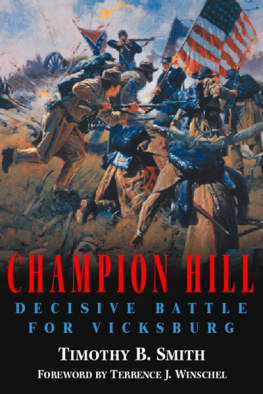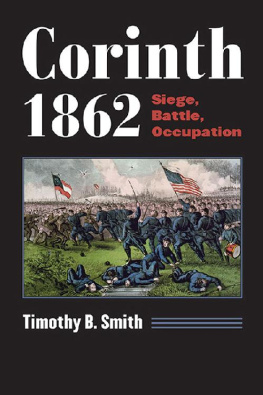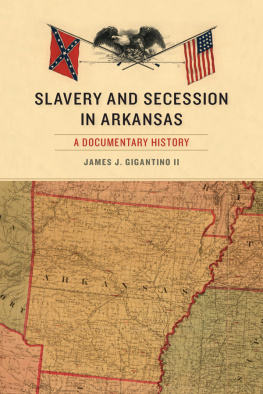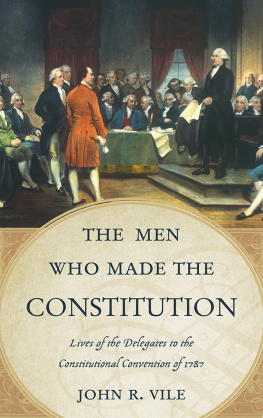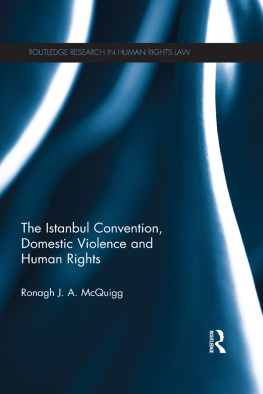Timothy B. Smith - The Mississippi Secession Convention: Delegates and Deliberations in Politics and War, 1861-1865
Here you can read online Timothy B. Smith - The Mississippi Secession Convention: Delegates and Deliberations in Politics and War, 1861-1865 full text of the book (entire story) in english for free. Download pdf and epub, get meaning, cover and reviews about this ebook. City: Jackson, year: 2016, publisher: University Press of Mississippi, genre: History / Science. Description of the work, (preface) as well as reviews are available. Best literature library LitArk.com created for fans of good reading and offers a wide selection of genres:
Romance novel
Science fiction
Adventure
Detective
Science
History
Home and family
Prose
Art
Politics
Computer
Non-fiction
Religion
Business
Children
Humor
Choose a favorite category and find really read worthwhile books. Enjoy immersion in the world of imagination, feel the emotions of the characters or learn something new for yourself, make an fascinating discovery.

- Book:The Mississippi Secession Convention: Delegates and Deliberations in Politics and War, 1861-1865
- Author:
- Publisher:University Press of Mississippi
- Genre:
- Year:2016
- City:Jackson
- Rating:5 / 5
- Favourites:Add to favourites
- Your mark:
The Mississippi Secession Convention: Delegates and Deliberations in Politics and War, 1861-1865: summary, description and annotation
We offer to read an annotation, description, summary or preface (depends on what the author of the book "The Mississippi Secession Convention: Delegates and Deliberations in Politics and War, 1861-1865" wrote himself). If you haven't found the necessary information about the book — write in the comments, we will try to find it.
The Mississippi Secession Convention is the first full treatment of any secession convention to date. Studying the Mississippi convention of 1861 offers insight into how and why southern states seceded and the effects of such a breech. Based largely on primary sources, this book provides a unique insight into the broader secession movement.
There was more to the secession convention than the mere act of leaving the Union, which was done only three days into the deliberations. The rest of the three-week January 1861 meeting as well as an additional week in March saw the delegates debate and pass a number of important ordinances that for a time governed the state. As seen through the eyes of the delegates themselves, with rich research into each member, this book provides a compelling overview of the entire proceeding.
The effects of the convention gain the most analysis in this study, including the political processes that, after the momentous vote, morphed into unlikely alliances. Those on opposite ends of the secession question quickly formed new political allegiances in a predominantly Confederate-minded convention. These new political factions formed largely over the issues of central versus local authority, which quickly played into Confederate versus state issues during the Civil War. In addition, author Timothy B. Smith considers the lasting consequences of defeat, looking into the effect secession and war had on the delegates themselves and, by extension, their state, Mississippi.
Timothy B. Smith: author's other books
Who wrote The Mississippi Secession Convention: Delegates and Deliberations in Politics and War, 1861-1865? Find out the surname, the name of the author of the book and a list of all author's works by series.

